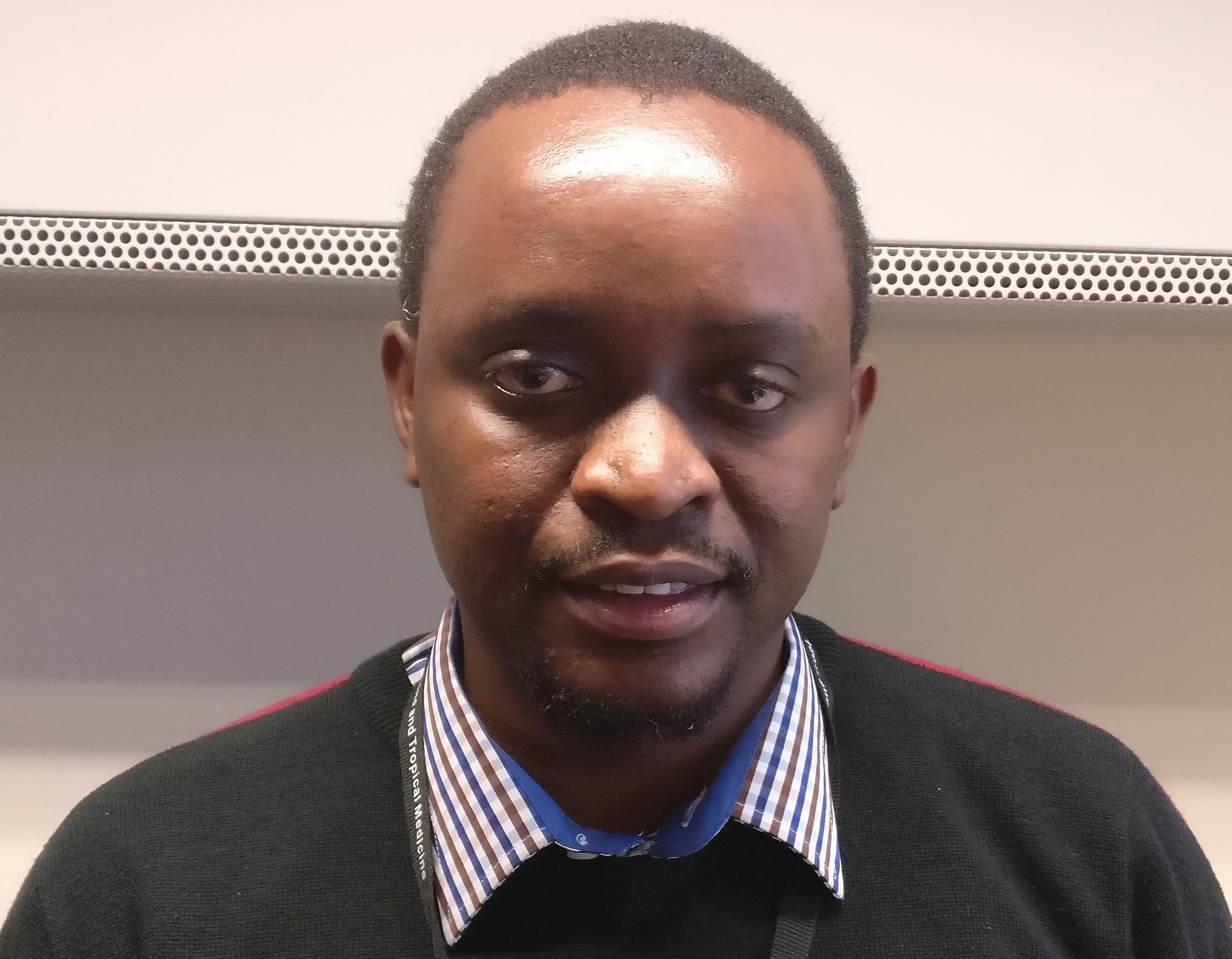Researcher of the Month: Kenneth Makata

Kenneth Makata
For our second Researcher of the Month, we interviewed Kenneth Makata, Research Coordinator at MITU in Mwanza, Tanzania, working on the Mikono Safi project.
What is your background?
For several years I’ve been working on a few research projects, mainly on infectious diseases and maternal health. Before joining SHARE, I was working on a clinical trial which intended to research new anti-TB drugs in Africa. I stayed there for two years, before joining the SHARE project in July last year.
What made you interested in WASH?
It was kind of a turning point in my career. When I was working in hospital settings and the communities on infectious disease and maternal health projects, I found that poor WASH was the cause of most major diseases that affected our project area. Most of the maternal related co-morbidities and diseases affecting children under five were things like diarrhoea, which is largely linked to WASH. So I thought I could have an impact if I focus on this area.
What do you enjoy most about your work?
Finding evidence to influence policy – that’s what excites me. Sometimes we might be doing the same thing over and over again for several years, but we don’t get fruitful results. Finding those evidence gaps through research is what I enjoy in my work.
What do you find challenging about your research?
I think there are a lot of challenges! One of the big ones is in the facilities we are working in. For example, even schools often lack even the basic WASH facilities. Most of the facilities which are available in our study area lack these basic WASH facilities, so we have to dedicate resources to that before starting the actual research. I think that’s a big challenge in these settings.
How would you like your research to impact policy?
Most of the time researchers involve policymakers at the end of the project, but as we have realised recently, involving them from the start and involving policymakers in the field so they see what you are implementing is an important step.
If there was one thing you could change about your research, what would it be?
I would to extend our research activities to the households. Currently, we are mainly targeted schools, but hand hygiene for these children does not only happen in schools, but also takes place in households and communities. In the long run, targeted part of the communities and households would be great.
What advice would you give to someone starting out in this area?
This is a relatively new field, especially in Sub-Saharan Africa, and it takes patience because most of the things cannot happen overnight. So to have patience is one piece of advice, but also involving communities is another. These people can help you understand the context and environment in which you are working.
Want to see more? Read our first Researcher of the Month blog with Save Kumwenda.
